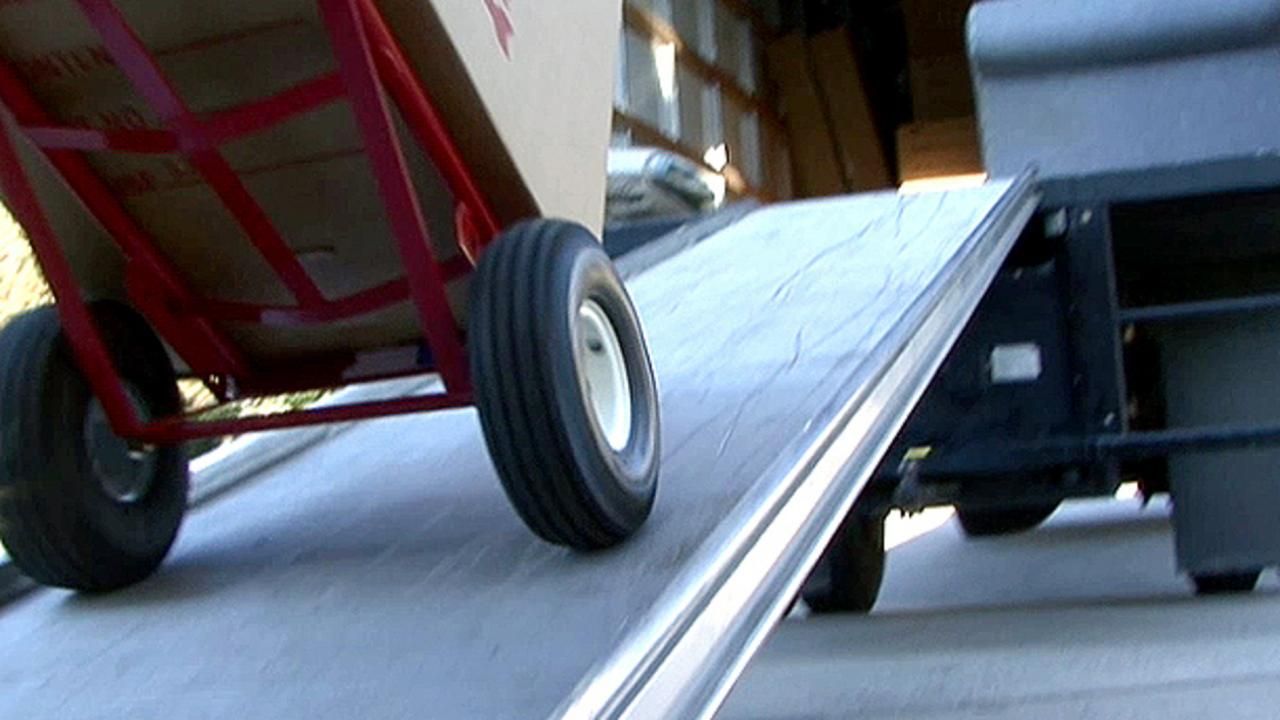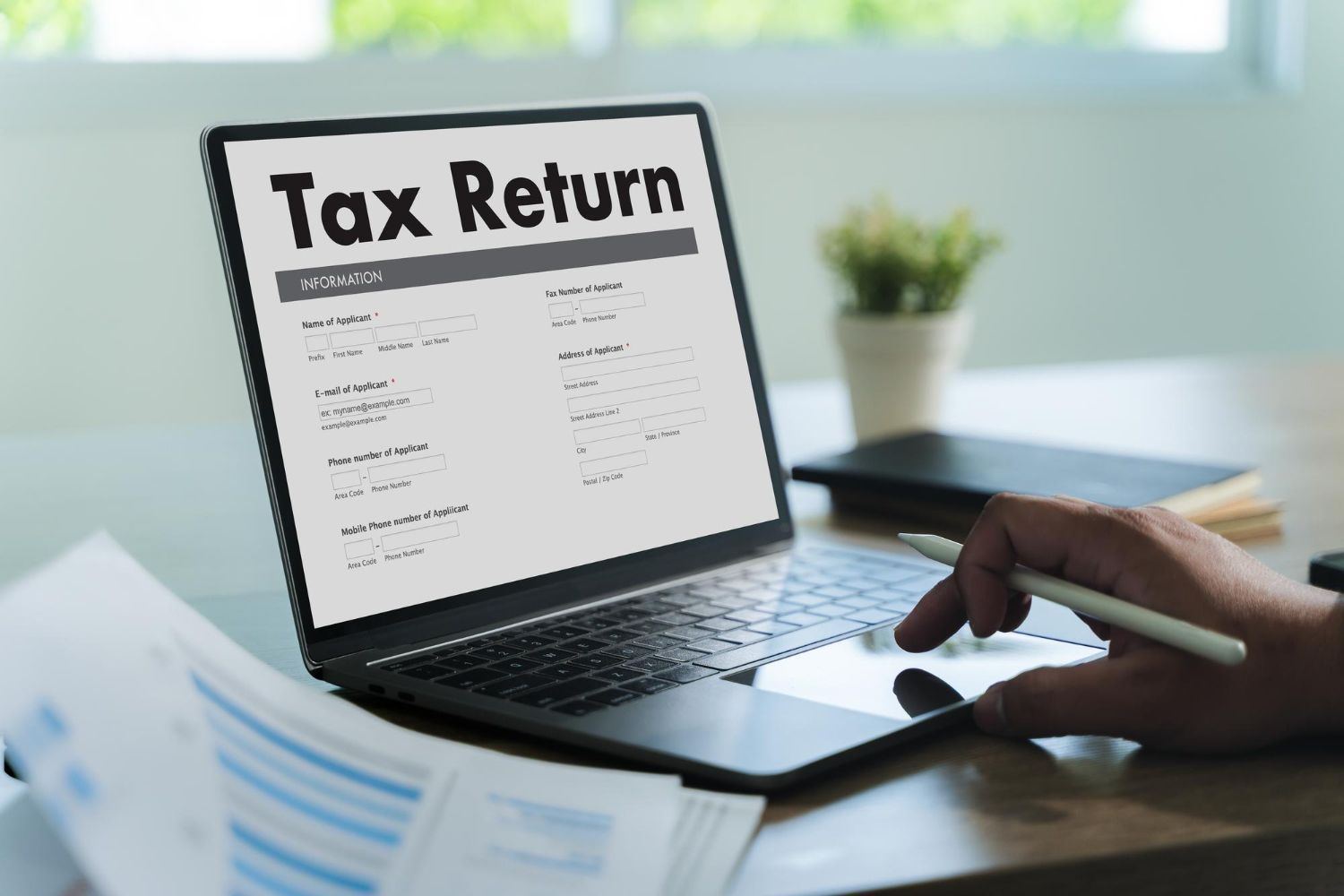Properly Deducting Moving Expenses: A Guide
The moving expenses deduction can potentially lower your taxable income and result in a tax refund. However, there are restrictions on who is eligible to deduct these expenses.
What is meant by moving expenses?
Moving expenses refer to the costs incurred by a tenant when relocating their mobile home. These costs include expenses related to the dismantling, transfer, and installation of the mobile home, along with any improvements that were attached to it on the mobile home space from which it was separated.
What is the deductible moving expenses?
The following are tax deductible:
- Transportation and storage costs:
This includes expenses related to packing, moving, hauling, storing household items while in transit, and insurance.
- Travel expenses:
You can deduct food and lodging costs incurred while moving yourself and your household members to the new residence.
- Vehicle expenses:
If you drive your own vehicle during the move, you may deduct one of the following:
- Actual expenses incurred, such as gas and oil.
- A standard rate per kilometer, as determined by the CRA.
Temporary Living Costs: What They Are and How to Deduct Them on Your Taxes
There are several moving costs that are tax deductible, including transportation and storage expenses, as well as travel costs such as food and lodging. If you drive your own vehicle during the move, you can also deduct additional costs like gasoline and oil. Other deductible expenses include temporary living expenses for up to 15 days, the cost of breaking a lease for your previous residence, incidentals like changing your address and getting new licenses, and the cost of utility hookups and disconnections. However, your monthly rental payments made before your move are not deductible.
If you’re wondering which moving costs are tax deductible, there are several types of expenses that can qualify. These include the cost of transportation and storage, as well as travel expenses like lodging and food. Other expenses that may be deductible include temporary living expenses for up to 15 days, fees associated with breaking a lease, and incidental costs like changing your address on legal papers and getting new non-commercial vehicle licenses. It’s important to note that while the loss of previous month’s rent and fees to break a lease are deductible, your monthly rental payments made prior to your move are not. Additionally, the cost of utility hookups and disconnections may also be tax deductible.

Deductible Costs for Vacant House
You can deduct the cost of upkeep for your former house after you move out and while you’re trying to sell it, such as interest, property taxes, insurance premiums, and the cost of heating and utilities. The maximum deduction limit is $5,000.
Moving Expenses Deduction
Moving costs are typically deductible in the year of the move. However, if you did not meet the time requirement when you filed your return, you may still be eligible to deduct your moving expenses if you reasonably anticipate meeting the requirement in the future.

To claim tax deductions for moving expenses, you can only deduct the difference between your actual moving expenses and any moving allowance provided by your employer. However, certain expenses are not eligible for deduction, such as the cost of preparing your house for sale, any loss incurred while selling your house, and travel costs related to job or home searching.
The following expenses are not eligible for a relocation expense deduction:
- Home modifications made to prepare the house for sale.
- Losses incurred during the sale of your home.
- Travel costs related to searching for a new job or home.
What is a Capital lease?
A capital lease is an accounting contract that provides the lessee with access to an asset for a defined period and includes the same economic features as asset ownership. To better understand a capital lease, there are two key aspects to consider: transfer of lease ownership and minimum lease payment.
During the lease period of a capital lease, the lessor grants ownership of the asset to the lessee, who may purchase the asset at a lower cost than its fair market value after the lease period, thanks to the bargain option provided by its agreement. The fair value of the leased asset is determined by the present value of the minimum lease payments in a finance lease, and the lease term should correspond to the asset’s usable economic life. If the lease is terminated for any reason, the lessee is responsible for covering any loss. After the lease period, the lessee is considered the asset’s owner and can deduct depreciation and finance costs.

What is the significance of a capital lease?
Capital lease is important because it provides greater flexibility to a company in meeting its needs by allowing the addition or removal of equipment or relocation to a larger building if necessary for moving expenses. Leasing can be more cost-effective than purchasing certain items, especially with rapid technological advancements. As a lessee in its arrangement, you can deduct your depreciation and interest costs, which can lower your tax obligation.
A lease is considered a capital lease if it meets one of these four criteria:
- The present value of lease payments over the lease period is equal to or greater than 90% of the asset’s fair value.
- The lease is non-cancellable and lasts for at least 75% of the asset’s useful life.
- You have an option to buy the asset at a discounted price.
- Ownership of the asset transfers to you at the end of the lease term.

In Summary
We discussed the significance of capital leases and their qualification criteria. A capital lease allows a lessee to access an asset for a specified duration, and ownership of the asset is transferred to the lessee. Leasing offers flexibility in meeting a company’s requirements, and tax liability can be reduced by deducting depreciation and interest moving expenses.
The post Properly Deducting Moving Expenses: A Guide appeared first on DBM Accounting | David B. McKeand Professional Corporation.











